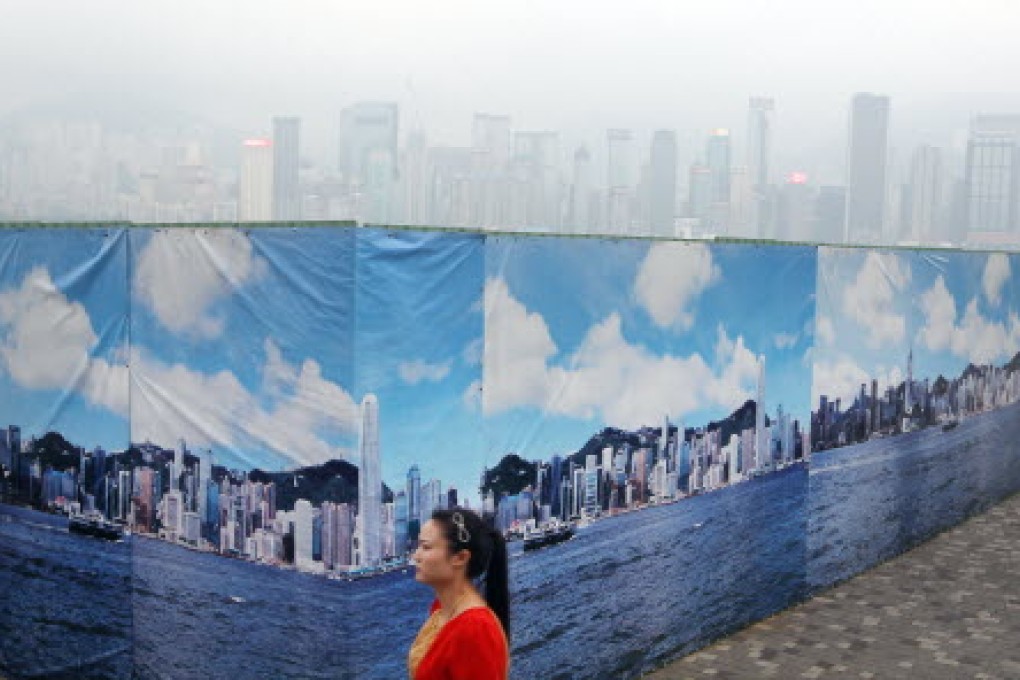Narrow minds hamper Hong Kong's search for social innovation
Ming Wong and Philo Alto say the best solutions to Hong Kong's problems can only be found with genuine collaboration across sectors

Hong Kong today faces unprecedented challenges hindering its pursuit of a better and more sustainable future. Persistent environmental problems along with social issues, including our worsening wealth gap, lack of affordable housing, ageing population and growing community discontent, hold us back even as our city continues to garner top spots in many world competitiveness surveys.
One might think that the sheer diversity and number of players addressing Hong Kong's various social and sustainability issues would be sufficient to lead to new and innovative solutions. On the contrary, in many instances, efforts are duplicated, resources are wasted, results are not achieved and the impact is dissipated rather than multiplied.
While some duplication might be healthy for promoting competition and innovation, widespread siloed thinking unfortunately leads to insufficient collaboration overall.
Three major gaps need to be addressed.
Allocation of funding needs to better align with the real needs in society because most grant-makers do not really know where the critical needs are. Smaller non-profit organisations and social enterprises often struggle because funders are reluctant to provide grants to untested ideas or "risky" start-ups.
Other than complaining about the environmental issues, conversations on how to address them are also notably lacking. As one participant in our EngageHK study wryly noted, "People vote; trees don't." A bolder and more balanced approach towards shared social and environmental goals, in addition to economic ones, is definitely required for Hong Kong to prosper.